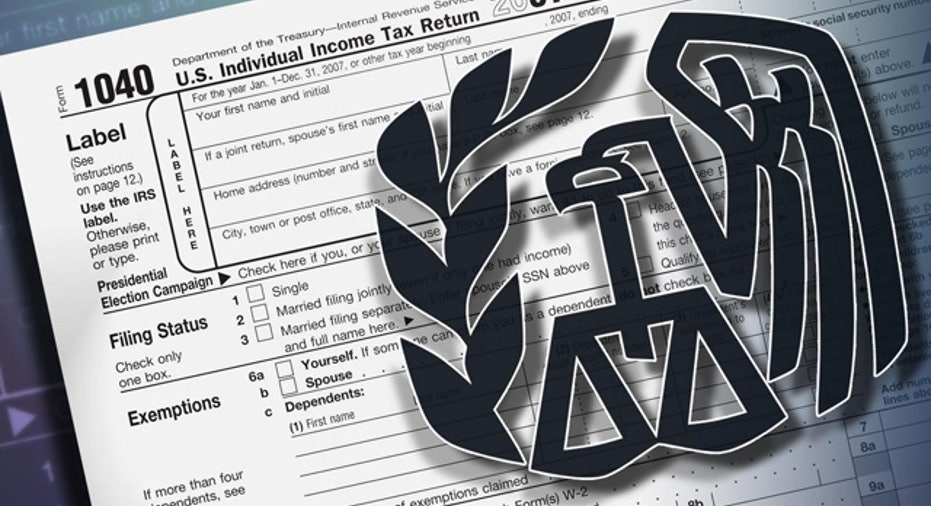3 Tax Tips You Need to Know Heading Into 2014

The budget deal that Congress and President Obama struck at the beginning of the year to avoid the fiscal cliff resulted in seven tax increases. If you throw in the six tax hikes that are part of Obamacare, that means there are 13 new taxes that may have hit you in 2013.
1.) The biggest potential taxes for wage earners include:
- The payroll tax went back to 6.2% (as I’m sure you noticed in your take home wages)
- The top marginal tax rate increased to 39.6% to from 35% for taxable incomes over $450,000 ($400,000 for single filers)
- There’s a "phase out" of personal exemptions for adjusted gross incomes (AGI) over $300,000 ($250,000 for single filers). Now you no longer need to have kids to save tax money
- They increased the tax rate on dividends and capital gains to 20% from 15% for taxable incomes over $450,000 ($400,000 for single filers)
- People making over $250,000…you get an additional 3.8% surtax on investment income and another payroll tax hike of 0.9%
- The "Death Tax" rate increased on estates larger than $5 million to 40% from 35%
Is your stomach sick yet? Please don’t shoot the messenger, but it's important to know that your tax return may be exceptionally ugly this year.
2. Charity
Contributing to charity not only makes you feel good, but is a great way to lower your tax bill--especially if you itemize your deductions. So hurry up and write a check, charge it, give cash. Do something.Just make sure you do it by Dec. 31 and have a receipt to back up any contribution, regardless of the amount.
The old rule that you only had to have a receipt to back up contributions of $250 or more is long gone.
And if you have appreciated stock (that includes mutual funds) or property, you can give that away too. As long as you've owned the asset for more than one year, you get a double tax benefit from the donation: You can deduct the property’s market value on the date of the gift and you avoid paying capital gains tax on the built-up appreciation.
And remember for gift tax purposes, you can transfer up to $14,000 per person in 2013 without incurring any federal gift tax. Spouses together may gift up to $28,000 per recipient.
So start your giving!
3. Investments and retirement
With all the extra taxes on investment income this year, it’s really important to get your net investment income number – which is just your gains less your losses – down. Go through your portfolio and consider selling more losers. The pros call this “loss harvesting.” You can then use those losses to offset any taxable gains you have realized during the year, and then your net investment income comes down as does your tax bill.
Also make sure to contribute to your IRA. You have until April 15, 2014 to make IRA contributions for 2013, but the sooner you get your money into the account, the sooner it has the potential to start to grow tax-deferred. And remember, that contribution can lower your 2013 tax bill.
If you are self-employed, and have a Keogh plan, you have until the tax filing deadline (including extensions) to make contributions toward your 2013 return.



















